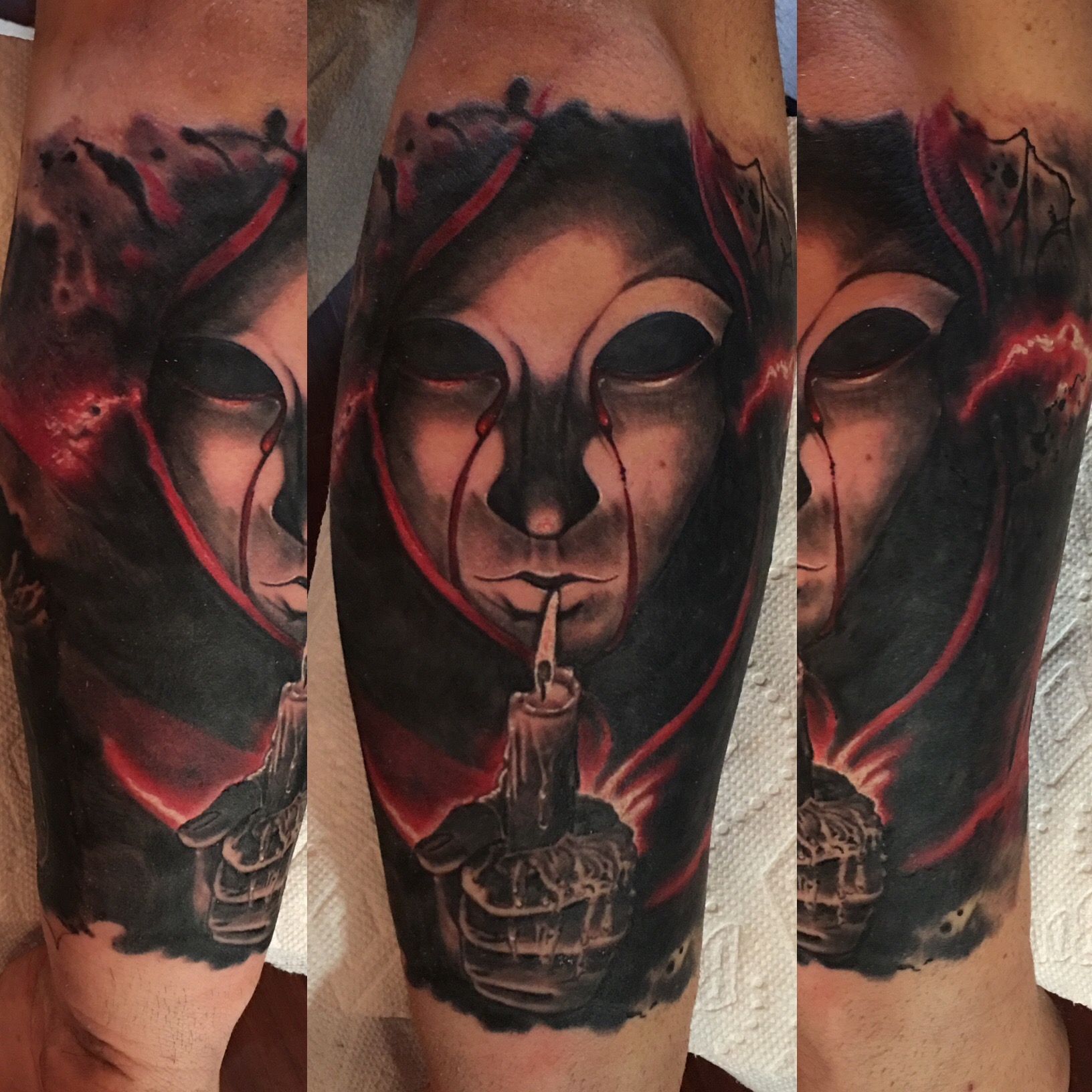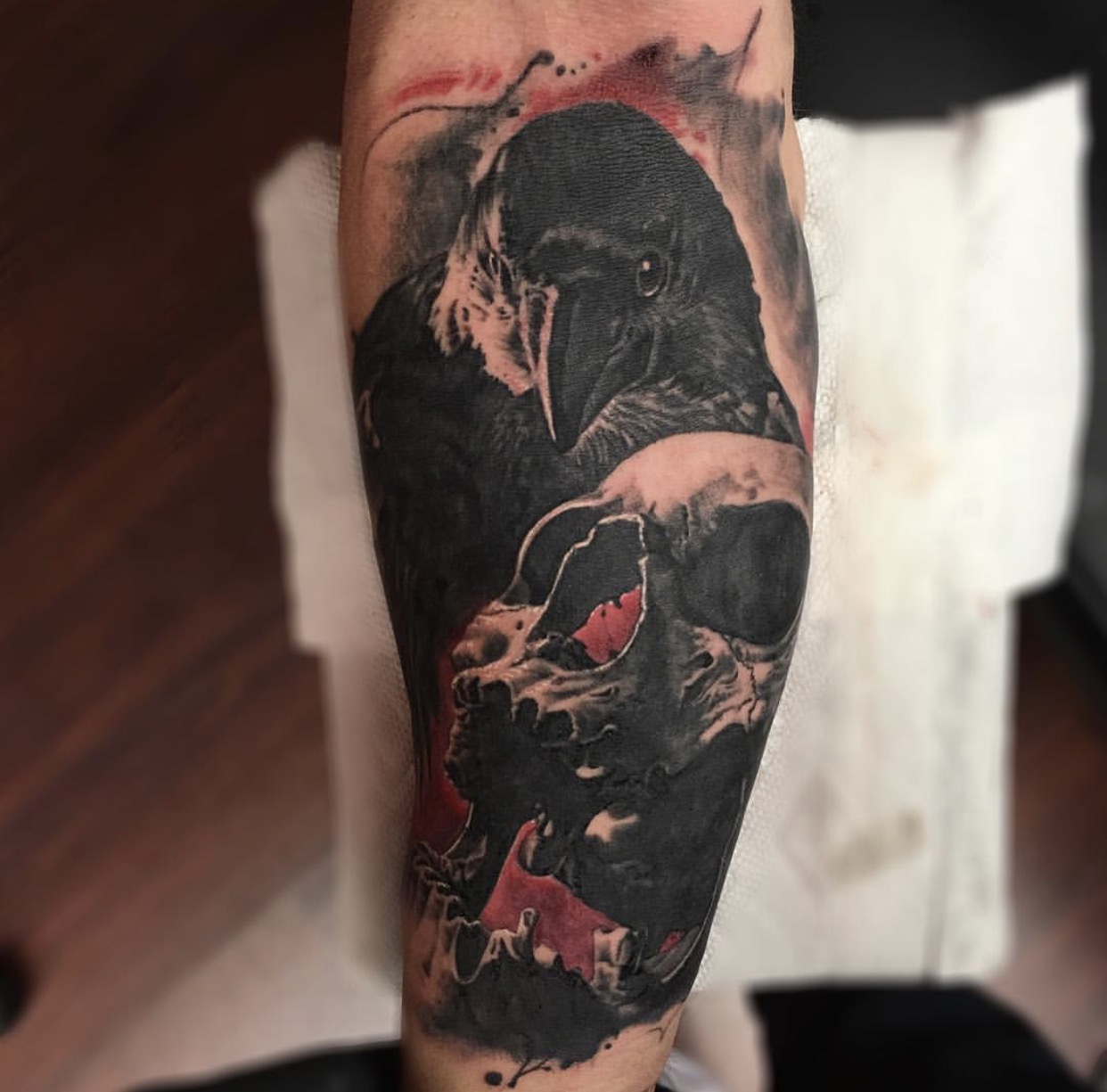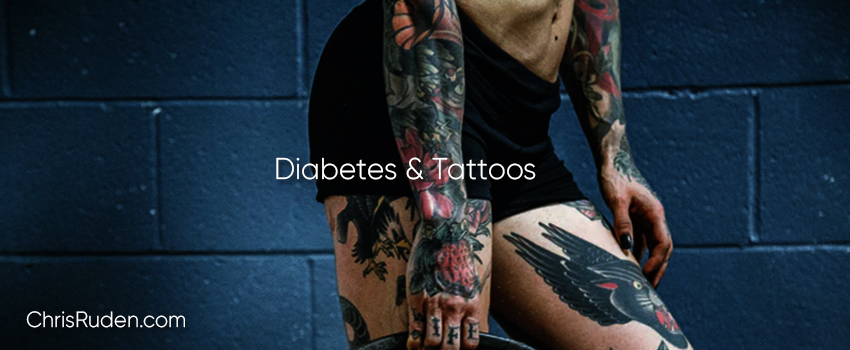Diabetes & Tattoos: The ONLY 2 Things You Need to Know
“Diabetics can’t or shouldn’t get tattoos” would likely be uttered from the same person who would say people with diabetes can’t or shouldn’t eat carbs. Not only is it an ignorant, projected opinion filled with misinformation, but it is simply incorrect.
For some odd reason, people with diabetes get treated like we have leprosy and get told we cant do anything and that gets pretty frustrating at times — especially because it is the furthest thing from the truth!
Getting a tattoo is a personal choice and if you decide to get a tattoo, diabetes or no diabetes, you need to make sure of the following:
- The tattoo shop is accredited, licensed, up-to-date legally, and clean
- The tattoo artist has good reviews not only of the quality of his or her work (no one wants a bad tat, right?) but the healing process
- You are willing to 100% adhere to the healing procedure as directed by your artist
There are many in-home, or street tattoo artists that might be cheaper but never risk your health to save a buck. After all, cheaper doesn’t mean better and, in most cases, means worse in terms of quality.
By simply following the advice above, getting a tattoo shouldn’t be a problem for the average non diabetic but as a diabetic, there are 2 huge areas of caution you need to be aware of: your A1C and your healing time.
A1C Requirements for Diabetics Getting Tattoos
As much as we sometimes HATE checking and living by our A1C, it is a relatively good tool that let’s us know how are blood sugar has been. If you really want to get some fresh ink, whether it’s a small tattoo or a sick sleeve, you need to be sure your A1C is in check.
Having a high A1C going into a tattoo session can provide a plethora of problems. Elevated blood sugar levels mean decreased immune response. When you decide to get under the needle, your skin barrier is being perceived up to 3000 times a minute. Having a higher A1C puts you at higher risk for an infection and infected tattoos are not only dangerous to your health but just aren’t sexy.
Some doctors recommend having an A1C <8% while some Certified Diabetes Educators recommend an A1C <7% prior to getting a tattoo.
A higher A1C might suggest blood sugar management could be a struggle for you possibly because a change in your life, activity level, or even stress level so be sure to reach out to your endocrinologist or CDE to see if they can help you!
The last thing you want is to be sitting for a tattoo for 4-8 hours while riding the blood sugar roller coaster. Food generally isn’t allowed in a tattoo shop for hygiene purposes and I can assure you going outside constantly to combat lows is no fun just as hearing your pump scream at you for high blood sugar isn’t fun. Getting tattooed will induce a stress response that will most likely increase your blood sugar temporarily. Talk to your doctor in seeing how you can best manage your sugars during your tattoo session.
If you plan on investing in a tattoo, invest the months prior into your diabetes management as well.
Tattoo Healing for Diabetics


Having diabetes means you will most likely take longer to recover and your tattoo artist will know this. Don’t listen to all your other friends with $19 “I Heart Mom” tattoos who offer their non-medical, non-professional advice on how to heal your new tattoo. Listen to your tattoo artist.
While most people take around 2 weeks to optimally heal from a tattoo, diabetics can sometimes be double that. Don’t risk your health, money, or tattoo quality by shorting or getting lazy with the healing process. Whether your artist recommends Tegaderm, A&D ointment or anything of the sort, follow their instructions for an extended period of time to be sure your tattoo heals healthily and beautifully.
Some people will say to not get your feet, hands, or other areas tattooed because of slower healing times especially associated with poor blood circulation but there are quite a few tatted type 1 diabetics who have lower A1Cs with ankle, foot, and practically full body tattoos! If you are currently fighting complications or have poor circulation, it is best to consult your doctor before getting a tattoo so they can help you stay as safe and healthy as possible.
Because we as diabetics heal slower and are more prone to infection, it is vital to control our blood sugars months prior to getting a tattoo as well as adhering to the healing process and procedure as best as possible. As diabetics, we are not banned from getting tattoos nor is it dangerous for us given we are smart with our condition and decision to follow safety protocols.
Whether you want a meaningful tattoo, a medical tattoo or just an epic design because you appreciate the art form, T1Ds and T2Ds with tattoos are not a problem!

